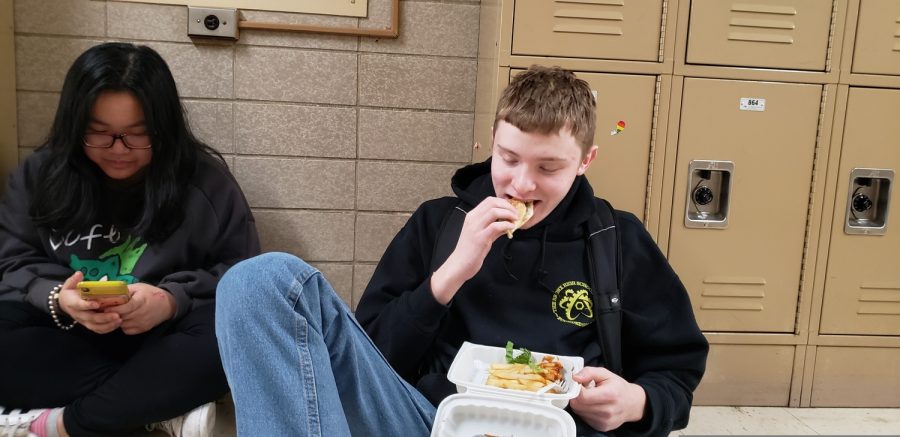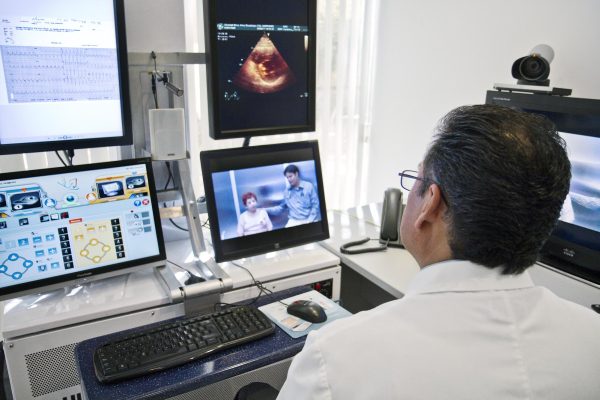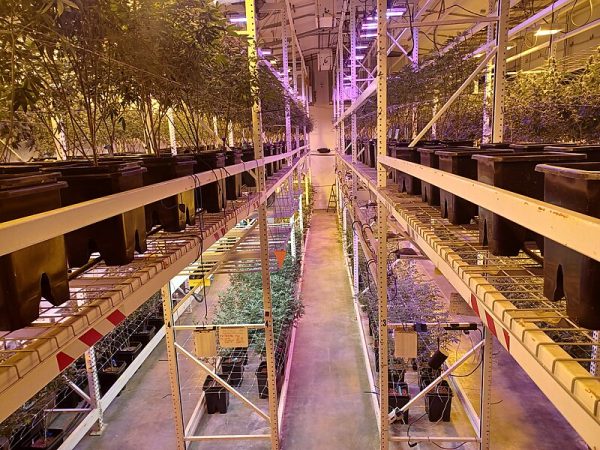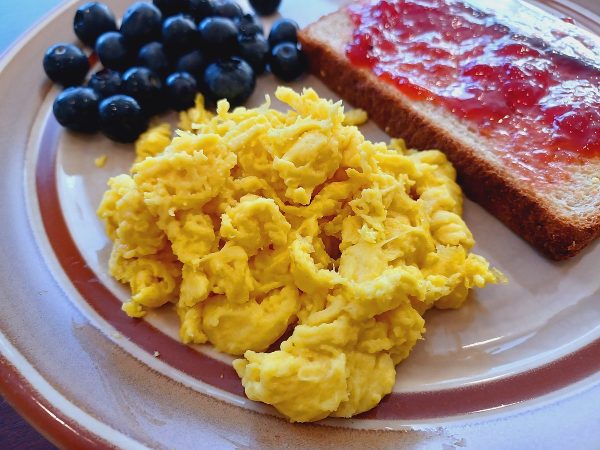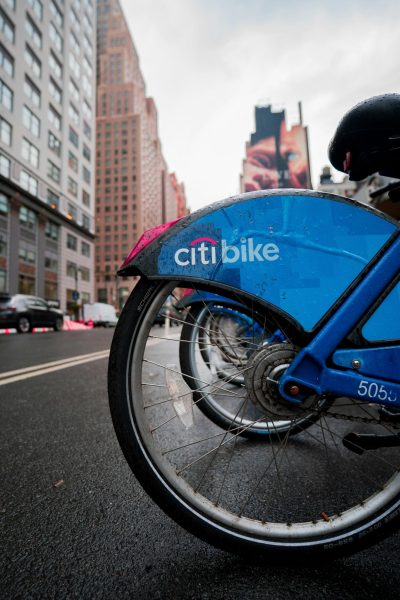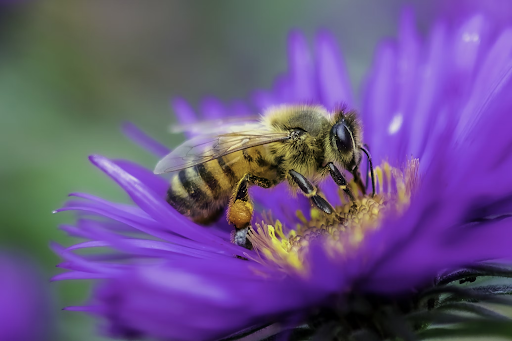Cloudy with a Chance of Meatballs: Solein, a New Protein Powder
What if Jay’s hamburgers were made of solein? Taking a bite out of his deluxe hamburger, Evan Rothstein ’21 (pictured on the right), contemplates this question.
Something’s cooking up in the air, and it’s called Solein.
Created by the young food tech company Solar Foods, Solein may soon become the next big trend, promising to be more climate-friendly than the current plant-based meat alternative trends. Compared to plant-based food, Solein requires fewer necessary environmental resources to make, including CO2, H2O, and electricity.
Although plant-based foods are currently taking the restaurant industry by storm in chains such as Dunkin’ Donuts, Burger King, and McDonald’s, Solein has promised to be one hundred times more efficient in production. Solein is a protein powder that will be a step away from the traditional land agricultural food production, and a step towards food production using entirely renewable energy.
“Deforestation for animal agriculture is one of the main contributors to global warming, so if the Solein inventors find a way to appeal to people of all diets around the world, meaning vegans, vegetarians, and those who are kosher, then I think this would be a great alternative,” said Ella Wilkinson ’21, an aspiring nutritionist. Solein can be printed in various shapes and folds, making it possible to have a meat texture.
Solein’s long term health effects are still unknown, but the product will be entering the market starting in 2021. “If they keep the food manufacturing transparent so we know what is in it, then I’ll be cool with eating Solein,” Jason Chen ’20 said.
However, not all are open to the new product. Janet Chen ’20, currently studying organic chemistry, worries about the nutritional value of Solein. “I would like to understand more about how researchers will create food products using Solein that will not only be for sustenance, but for nutritional value as well,” said Chen. “I question whether Solein will actually make a difference in places with food shortages and if so, how will scientists be able to replicate it for consumerism?”
Chen also predicts that the product will take awhile to take over the food shelves. “I think Solein is very similar to plant-based foods. It’s another marketing strategy that attracts first time buyers,but will not become a normal product added to the shopping cart.”
Chritina Gao ’21 believes it is worth the risk. “It is very common to find heavy science in food production these days,” Gao said. “Sure the long-term health effects are unsure, but I think, especially with the societal issues of our time, the ability to create food out of Solein would be incredible. For people that don’t have enough to eat, they can’t worry about the future if they need to worry about now.“
With the new approach to food production, food scientists seem to have made sci-fi come true. “My first thought when I heard about Solein was the scene from Spy Kids, where they made a hamburger from microwaving a bag of air,” Chen said. “Who knows, maybe Solein might be served in our school cafeteria soon.”
“Deforestation for animal agriculture is one of the main contributors to global warming, so if the Solein inventors find a way to appeal to people of all diets around the world, meaning vegans, vegetarians, and those who are kosher, then I think this would be a great alternative,” said Ella Wilkinson ’21, an aspiring nutritionist. Solein can be printed in various shapes and folds, making it possible to have a meat texture.
Yi Lan Zhang is a Staff Reporter for ‘The Science Survey’ and a Groups Section Staff Reporter for ‘The Observatory.’ She sees journalism as a medium...

